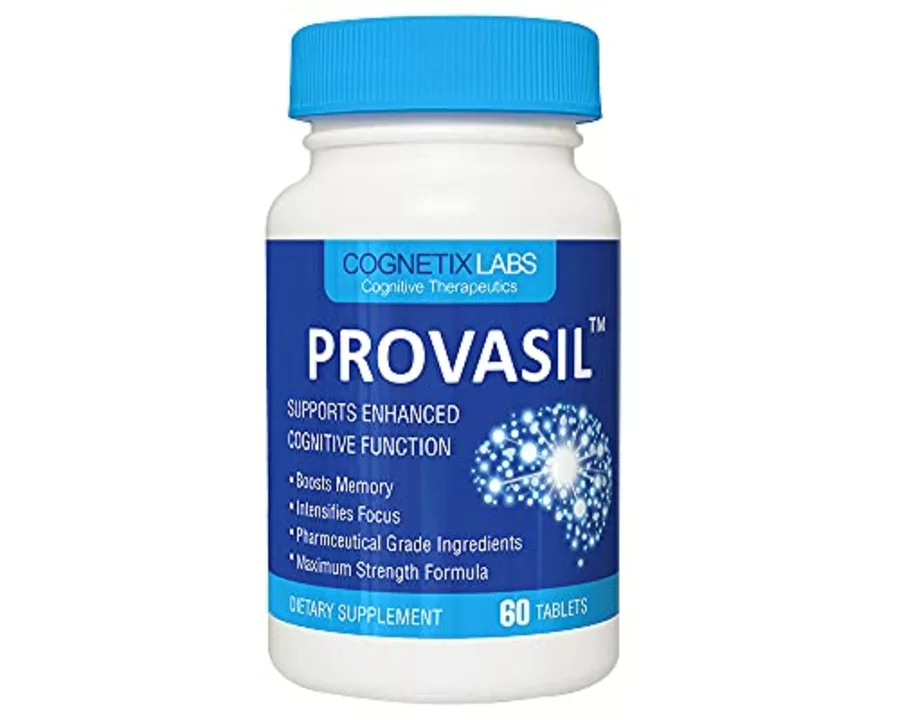Memory: Simple, Practical Ways to Protect and Improve It
Worried about forgetfulness? You don't need gimmicks. Small daily changes help most people keep memory sharp. Below are clear, doable actions plus when to check with a doctor and which site articles can give more detail.
Simple daily habits that boost memory
Sleep matters. Deep sleep helps your brain store new memories. Aim for 7–9 hours and keep a steady bedtime. If you nap, 20–30 minutes is best—long naps can make things worse.
Move your body. A brisk 30-minute walk most days wakes up circulation and helps memory. Exercise also lowers stress, which otherwise clogs thinking and recall.
Feed your brain. Eat protein, vegetables, healthy fats (like olive oil and fatty fish), and whole grains. Make sure you get enough B12 and vitamin D—deficiencies can cause memory trouble. Talk to your doctor before starting any supplement.
Use memory tricks. Try spaced repetition (review information several times over days), chunking (break info into groups), and simple lists or phone reminders. Routines reduce the mental load: place keys and wallet in the same spot every day.
Limit alcohol and sedatives. Drinks and some drugs that make you drowsy also harm short-term memory. If a medicine makes you foggy, ask your doctor about alternatives.
When memory issues need medical attention (and what to read next)
See a doctor if memory loss is sudden, rapidly getting worse, or affects daily life—like forgetting bills, appointments, or getting lost on familiar routes. Also check if memory changed after starting a new medicine.
Certain conditions commonly affect memory: thyroid problems, vitamin deficiencies, ADHD, migraines, and early Alzheimer’s changes. Our site has useful articles that relate: "Aducanumab Alternatives in 2025" covers Alzheimer’s treatment options; "Strattera Explained" explains ADHD meds that can change attention and memory; "Synthetic vs Natural Thyroid Medications" explains how thyroid issues can affect thinking; and "Phenergan: Uses, Dosage, Side Effects" warns about drugs that cause sedation and memory fog.
When you talk with a doctor, mention: when symptoms started, what makes them worse or better, current medicines, sleep quality, mood, and daily impact. Simple tests and blood work often find treatable causes.
Memory problems can feel scary, but many causes are manageable. Start with better sleep, a bit more exercise, brain-friendly food, and check medicines you take. If problems persist or worsen, book a medical review. For more practical reads, explore the related articles on ReliableRXPharmacy.com listed above.

Bupropion and Memory: The Effects on Cognitive Function
May 6, 2023, Posted by Mike Clayton
As someone who's always curious about the effects of different medications on our brain, I recently stumbled upon some interesting information about Bupropion and its impact on cognitive functions. Bupropion is an antidepressant widely used to treat depression and even help with quitting smoking. From what I've read, it seems that Bupropion has a positive effect on memory and overall cognitive function. It's been associated with improvements in attention, working memory, and executive function in both healthy individuals and patients with depression. However, as with any medication, it's important to consult with a medical professional before starting or changing any treatment plan.
MORESEARCH HERE
Categories
TAGS
- treatment
- online pharmacy
- dietary supplement
- side effects
- generic drugs
- medication adherence
- medication safety
- health
- dietary supplements
- health benefits
- online pharmacy Australia
- generic substitution
- adverse drug reactions
- thyroid disorders
- gabapentin
- treatment option
- calcipotriol
- blood pressure
- erectile dysfunction
- closer look
